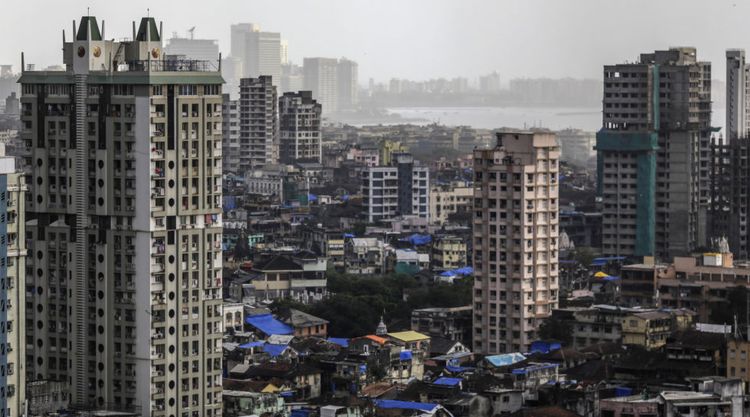India’s first real estate investment trust, the Blackstone Group LP-backed Embassy Office Parks, rose on its trading debut, in a vote of confidence for a potential new funding avenue for the nation’s cash-strapped developers.
The REIT units climbed as much as 8.3 percent before closing 4.7 percent higher at 314.10 rupees in Mumbai. The benchmark S&P BSE Sensex Index rose 0.5 percent.
The initial public offering, which raised 47.5 billion rupees ($687 million), was more than two-and-a-half times oversubscribed, underscoring investor demand for the asset class. Anchor investors including Fidelity Funds, DB International (Asia) Ltd. and strategic investors committed 26.6 billion rupees.
The fund will own and operate about 33 million square feet of office space in the Indian cities of Bengaluru, Pune, Mumbai and Noida. Its tenants include Microsoft Corp. and Rolls-Royce Holdings Plc.
The early success of the REIT may help cash-starved property firms with a new fundraising tool, as well as offer investors a new exit mechanism. India’s property market has been roiled by falling home sales and declining prices following sweeping policy changes, including a 2016 crackdown on cash and the introduction of a nationwide sales tax. The recent crisis at non-bank lenders has further curtailed developers access to funds.
Decade in Making
Several international investors, including Singaporean sovereign wealth fund GIC Pte, Blackstone and Brookfield Asset Management Inc. have strengthened their commercial office portfolio in India. More than 70 percent of investment in commercial space in 2018 came from foreign private equity investors, according to Anarock Property Consultants.
REITs have been in the making for more than a decade in India, as the regulator kept tweaking rules to make them more attractive to developers and investors. Retail investors may still remain wary of these products given the minimum investment size of about 240,000 rupees and the 2017 introduction of much-hyped infrastructure investment trusts, which failed to live up to expectations.
Bloomberg



